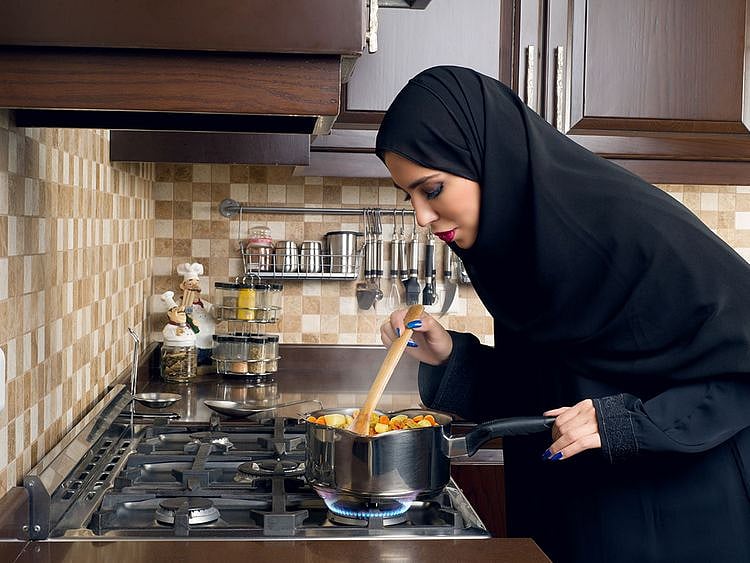UAE ads to ditch woman-as-homemaker theme
Guidelines to be issued on using such gender stereotypes and diminishing women’s role

Dubai: Guidelines are to be issued next year to help UAE advertisers move away from from using “gender stereotypes” in their campaigns and TV commercials.
These are to be issued by the Advertising Business Group, an entity that represents both advertisers/marketers as well as advertising agency representatives.
What this means is that advertisers will think twice before featuring women in their ads as typical stay-at-home types, typically using images where they are taking care of the children and cooking dishes or washing clothes with a perpetual smile on their face.
Not just in TV commercials or print, these stereotypes are there on digital ads as well. This image of the woman as only a homemaker has been around since the dawn of advertising. But now, countries and their advertising associations are having to move away from perpetuating such images.
“The UK has issued such guidelines and it’s high time advertisers in this region too followed the new normal,” said Alex Malouf, member of the board at Advertising Business Group. “We need such guidelines to “un-stereotype” advertising for the region.”
False impressions
Why are such guidelines important? Because they tend to portray something that’s totally out of tune with the times, when women make up such a sizeable part of the workforce in most markets. Given this reality, to put up images of women limited to being homemakers and waiting on their husband’s every need is starting to grate with audiences.
Advertisers need to realise as much. ABG had commissioned Zayed University to do research on gender stereotypes in the UAE/Gulf. The results were issued on Tuesday.
“Our ambition in 2020 is for ABG to work with the region’s advertising and marketing industry to educate brands on the role they play in ensuring that advertising has a positive,” said Sanjiv Kakkar, Chairman, the Advertising Business Group. “(That) rather than a negative impact in terms of representing and promoting gender equality in society.
“We want advertising to be progressive, to be relatable, and impactful. We can do this best by eradicating harmful gender-based stereotypes in all media and advertising content.”
Another stereotype
The findings show that stereotyping shows up even when women are represented as having jobs. In the UAE, most ads featuring women (59 per cent) show them as employees, whereas only 2 per cent of ads have them in an executive role. In comparison, the split is more or less equal when representing a working man.
But the dominant ad sterotype is of the woman at home. This is more the case in Arabic language campaigns. The research found that of 111 advertisements in Arabic that aired in one week on MBC, the women “were more likely than males to be depicted in advertisements related to home and food products. Men were also more likely to appear in occupational settings, in office or work sites, while women were more likely to be depicted at home”.
According to Zayed University’s Associate Professor Ganga Dhanesh: “Advertisers in the region have to be mindful of changing aspirations of a younger demographic of men and women in the region. By sticking to current stereotypes, they could be out of sync and considered as representing the past than the future. This has implications on brand relevance going forward.”
Break the image
But can consumer brands, especially in the food or daily staples space, turn their backs on using “women at home” images in their campaigns?
Malouf has no doubt that it can be done - “The very best creatives break down stereotypes and give us a different perspective. Think of “Always Like A Girl”, Dove’s “Natural Beauty”, or Coca-Cola’s “Remove Labels”.
“These ads aren’t just different: they’re effective. We’ve got to do more of this work, and break free of stereotypes that don’t inspire or even engage consumers.”
Advertisers must change
According to the ABG commissioned study, 85 per cent said it was the brand’s responsibility to portray women and men “positively because it is important for younger generations to see”. And 86 percent said brands should be responsible for using advertising to promote positive messages to girls and boys.
Sign up for the Daily Briefing
Get the latest news and updates straight to your inbox
Network Links
GN StoreDownload our app
© Al Nisr Publishing LLC 2026. All rights reserved.